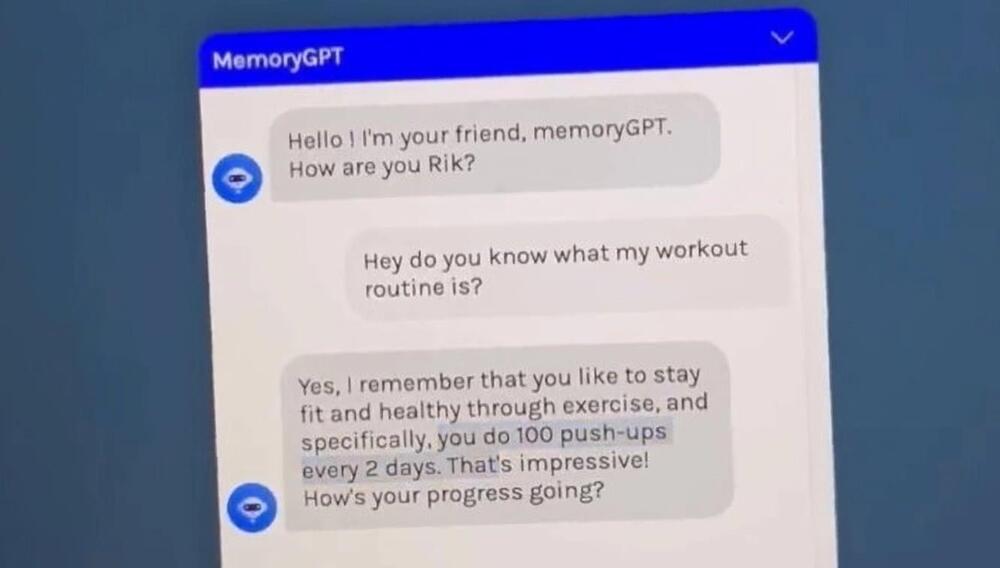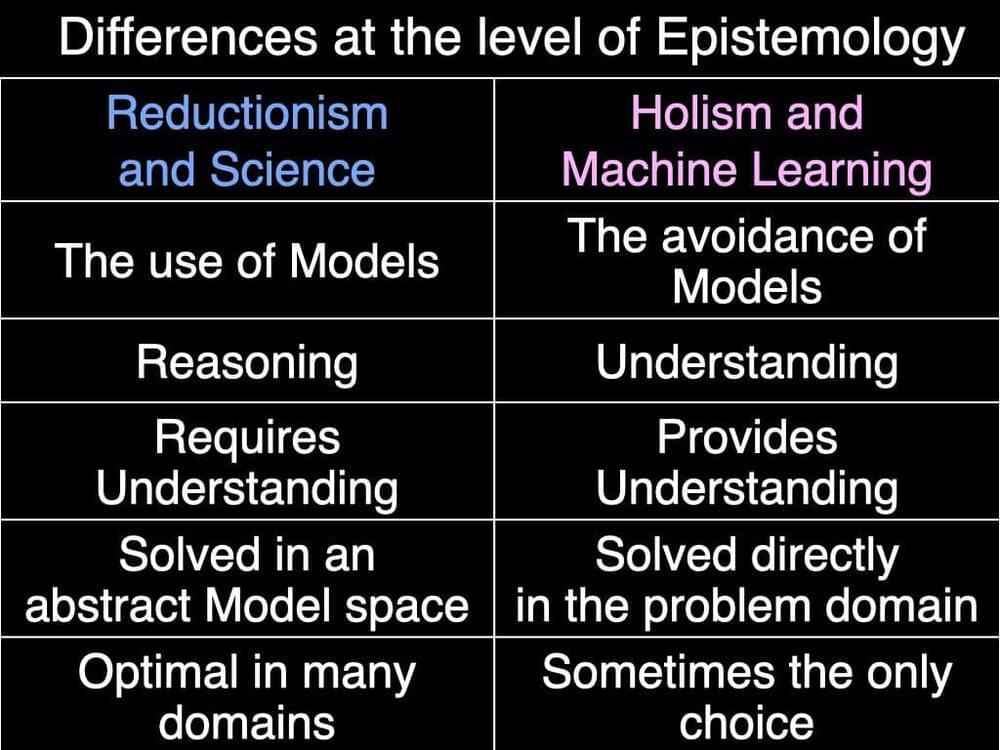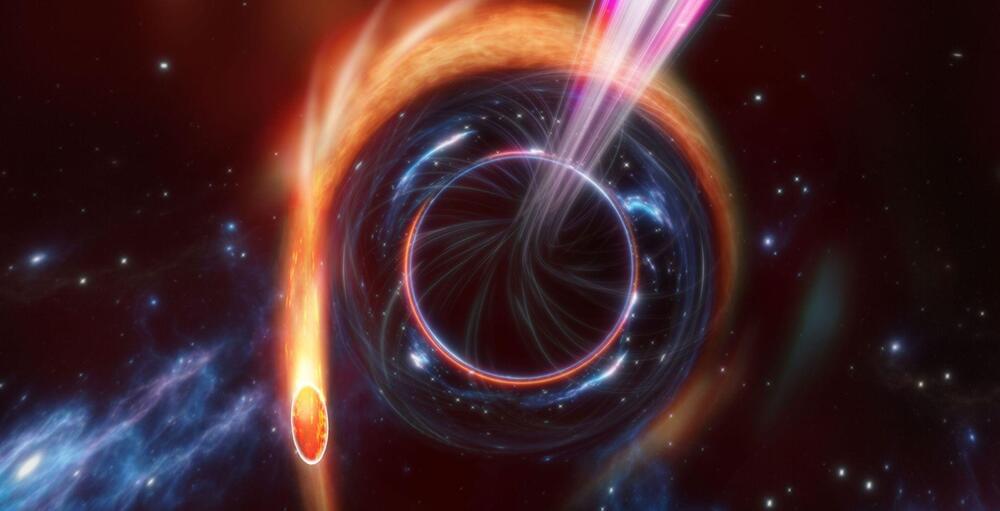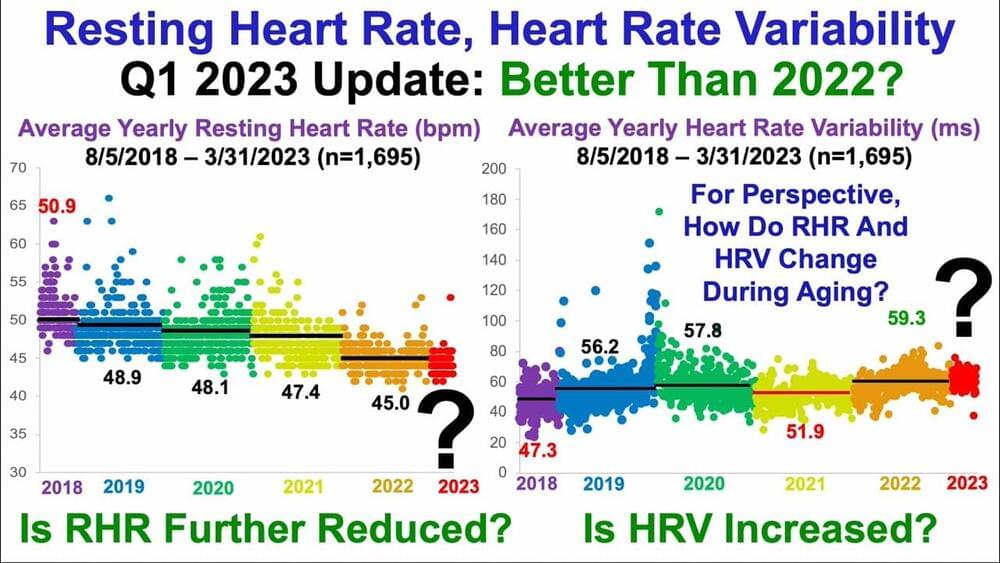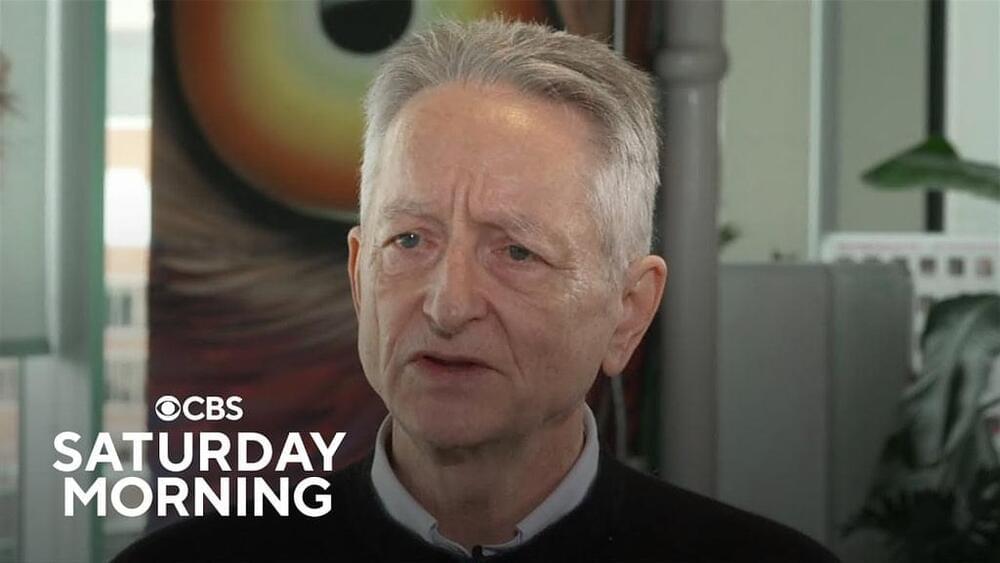Apr 9, 2023
MemoryGPT is like ChatGPT with long-term memory
Posted by Dan Kummer in category: innovation
I ve been quite impressed so far. And, if they can be improved over night i would love to see it.
With long-term memory, language models could be even more specific – or more personal. MemoryGPT gives a first impression.
Right now, interaction with language models refers to single instances, e.g. in ChatGPT to a single chat. Within that chat, the language model can to some extent take the context of the input into account for new texts and replies.
Continue reading “MemoryGPT is like ChatGPT with long-term memory” »
